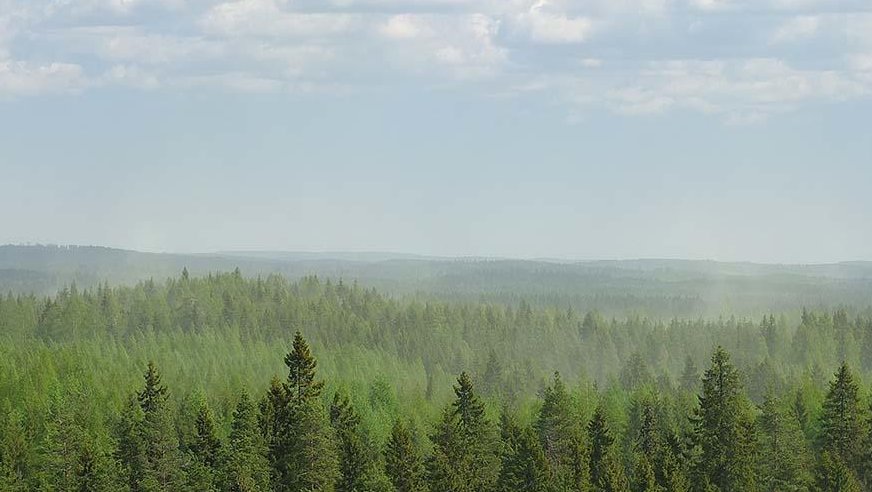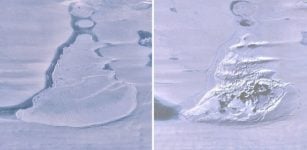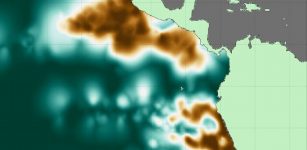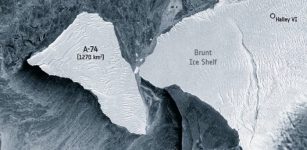Pollutants Dangerously Affect Air Quality And Change Earth’s Atmosphere – New Study
MessageToEagle.com – The formation of new aerosol particles is a complicated process and it will take time before it is understood perfectly.
A recent study – conducted in collaboration between 25 different institutes in 9 different countries – proposes that air pollution not only affects air quality, but it also changes the pathways along which new particles are formed in the atmosphere
The human population has altered the composition of atmospheric gas in several ways.

Such gases as sulfur dioxide from industrial emissions, nitrogen oxides from traffic, and ammonia from agriculture can all affect particle formation after chemical reactions in the atmosphere.
These gases can also interact with organic vapors originating mainly from forests and vegetation. The atmosphere contains thousands of different organic compounds, but only a small fraction of them can form and grow particles.
“We wanted to create the boreal forest atmosphere in our chamber,” associate Professor Katrianne Lehtipalo from the University of Helsinki, said in a press release.
“Particle formation is a delicate process, and it took us a while to find the correct gas mixture, but in the end we were able to replicate atmospheric observations almost perfectly.”
The researchers found that in continental moderately polluted atmospheres, e.g. in the Finnish boreal forest, particles are formed most efficiently when sulfuric acid, ammonia and organic vapors are all present simultaneously. Nitrogen oxides, on the other hand, decreased the amount of newly formed particles.
The results help to understand how new particle formation and the associated climate impact will change if air pollution levels decrease in the future due to stricter emission control.
Aerosol particles can affect the climate by scattering solar radiation and by acting as seed particles for cloud droplets. The aerosol-cloud-climate interactions are still associated with large uncertainties in current climate models.
The laboratory experiments leading to these results were conducted at the European Center for Nuclear Research, CERN, in Geneva, Switzerland which has one of the best laboratory facilities for detailed particle formation studies.
MessageToEagle.com










